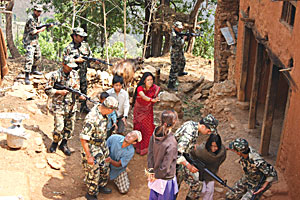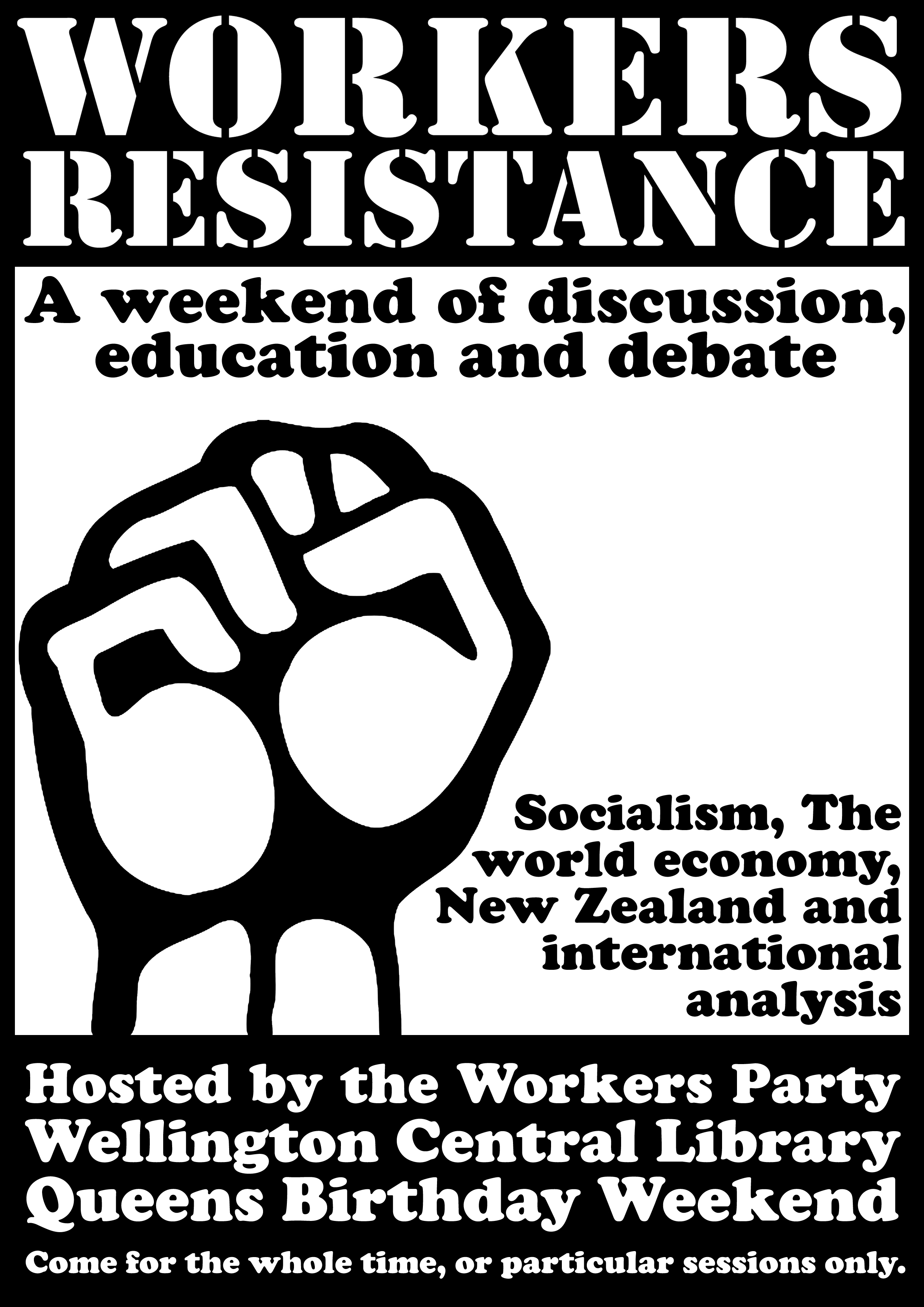-Don Franks
For some weeks now, top union leaders have been muttering about a possible National government attack on unions’ access to worksites. The present law allows union representatives to enter workplaces to visit existing union members and recruit new members. Union officials must produce identification, tell the employer the purpose of their visit and not take up too much time, or enter at very busy times.
These rights were denied by National’s Employment Contracts Act and restored by the last Labour government. Restoration of right of entry was the one big concession Labour made to the union movement. Now, it is increasingly being rumoured, John Key’s lot will remove unions’ right of entry again.
The rumours came out in the open in Council of Trade Unions President Helen Kelly’s Dominion Post column of February 23rd. There, in an article headlined; Will Government put the country first? Kelly claimed:
“National still intends to reduce worker’s rights by making union access to a workplace dependant on employer approval.”
Continue reading “Will the Council of Trade Unions put workers first?”



 have a new collective agreement with improved wages and conditions. Their actions included 50 strikes in dozens of stores from Whangarei to Hamilton and a protest outside the company’s national conference. There was a real fighting spirit at several stores, and the vote to settle was only passed by a narrow majority.
have a new collective agreement with improved wages and conditions. Their actions included 50 strikes in dozens of stores from Whangarei to Hamilton and a protest outside the company’s national conference. There was a real fighting spirit at several stores, and the vote to settle was only passed by a narrow majority.